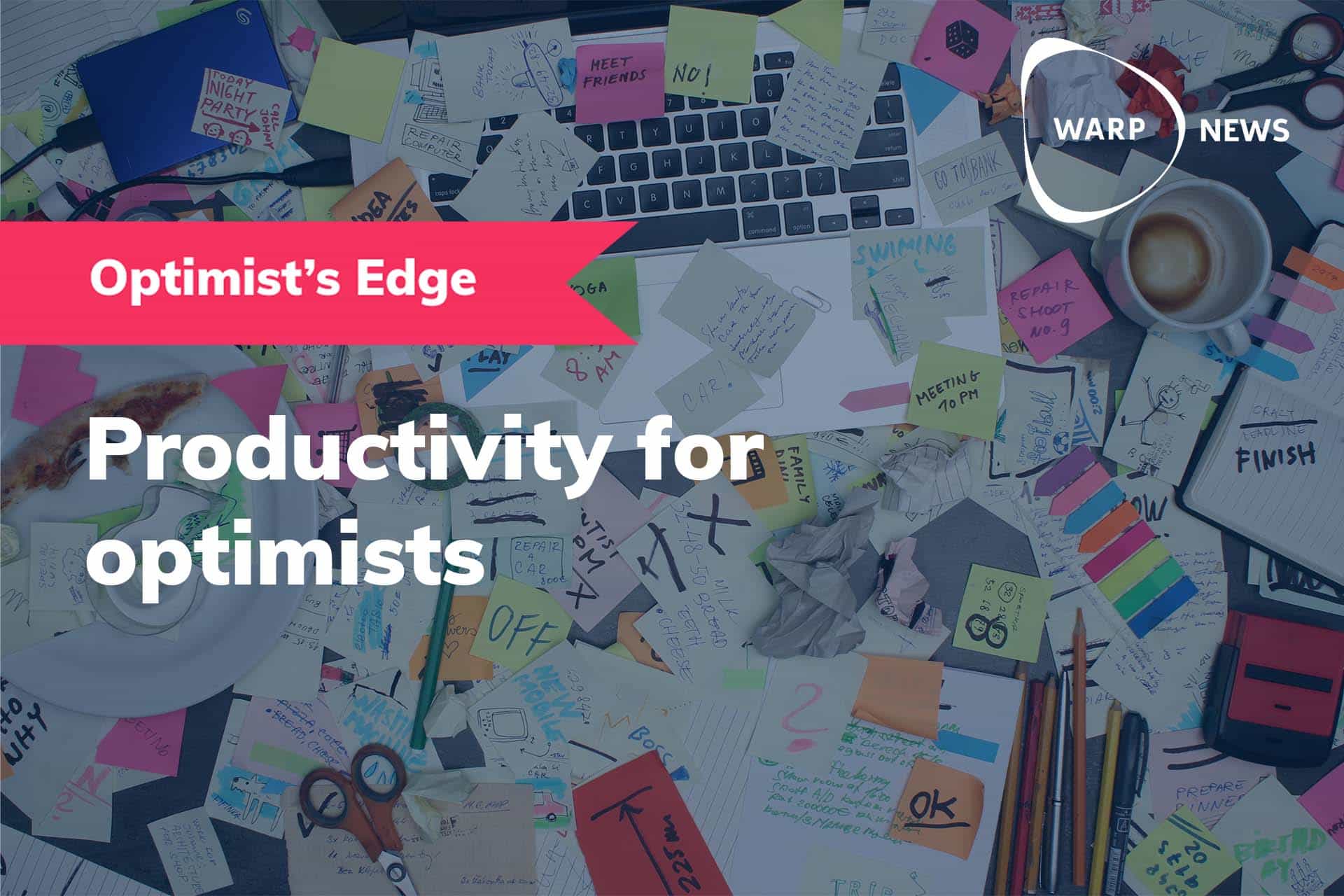
💡 Optimist's Edge: Find your flow and become more productive
Do you suffer from time anxiety? Then you probably don't have too little time, but use the time you've got in the wrong way. There are ways to change that – we show you how to find your flow and become more productive.
Share this story!
Summary
📉 What people think
Many people suffer from "time anxiety." The reason many feel this anxiety is because they know they are not spending their time as productively as they could.
📈 Here are the facts
People usually think that they have too little time, that they need more, when in fact they do not use their time in the right way. We can not increase the number of hours in a day to 28, but we can become better at using the 24 we have. Some can get MUCH better.
💡 Optimist's Edge
Research shows that we can increase our productivity. There are several basic ways to do this, but for most of us, doing two main things is important. The first is to set clear goals for what we want to achieve. The second is to reduce fragmentation and increase our chances of ending up in "flow." When we have flow, we are our most productive. But without goals, we do not know what our productivity will achieve, so both are crucial.
👇 How to get Optimist's Edge
There are thousands of different tips on how to become more productive, and in this article, we list a number of different ones. It can feel overwhelming, and therefore you should start easy. We want to increase the chances of ending up in the flow, so a first step is to turn off notifications completely. Does it feel scary? Try for a week and see if your fragmentation decreases and productivity increases.
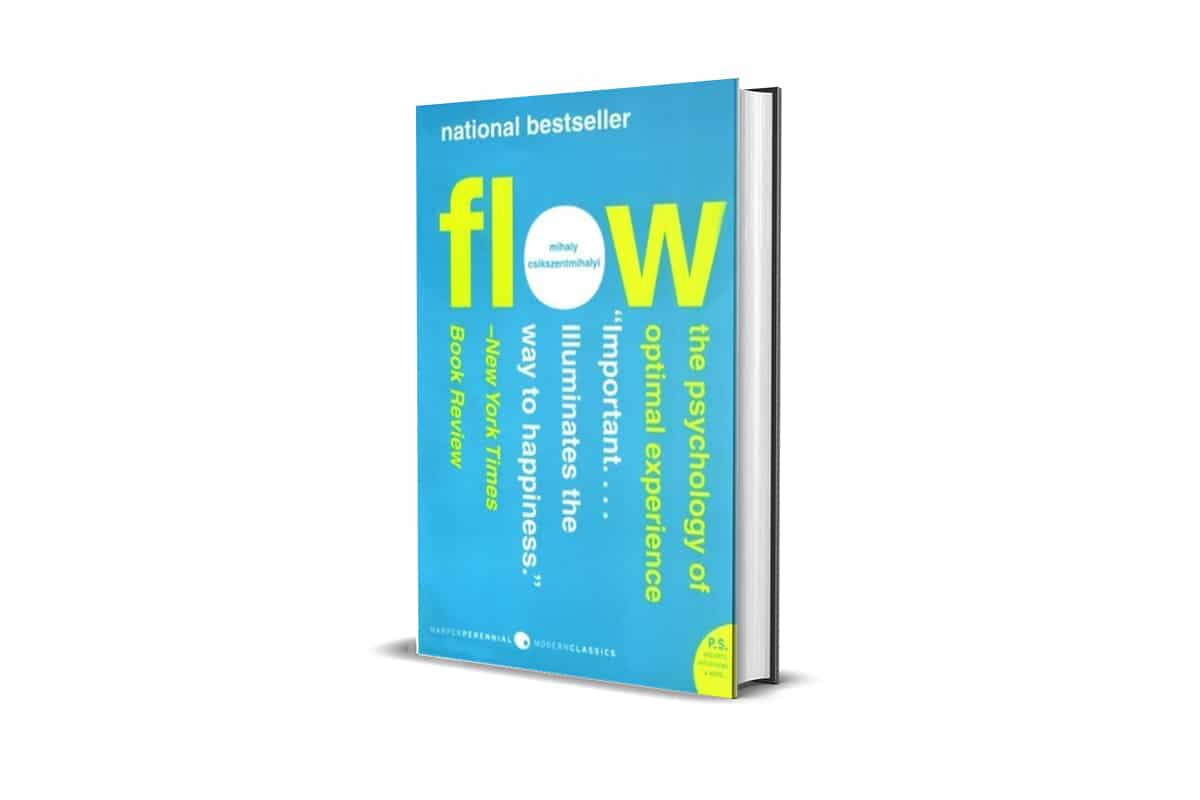
📉 What people think
Many people suffer from what is called "time anxiety." Researcher Alex Lickerman describes this anxiety as follows: “Do I create the greatest possible meaning in my life, and will I feel when I die that I wasted my time too carelessly?"
The reason many people feel this anxiety about time is because they know they are not spending their time as productively as they could.
There are several studies that show the relationship between how we spend our time and how much anxiety we experience about not having time. For example, a study was done on working mothers. Women who had a reactive relationship with time felt more stressed and felt that they had less time. Those who instead had an active relationship with time, and planned their day, experienced less stress.
📈 Here are the facts
People usually think that they have too little time, that they need more, when in fact they do not use their time in the right way. We can not increase the number of hours in a day to 28, but we can become better at using the 24 we have. Some can get MUCH better.
One way of trying to condense the idea of productivity beyond the general description is to give space to end up what the psychologist Mihàly Csìkszentmihàlyi called "flow." Because it is in this "flow" that we get the most done and are the most productive.
According to studies, the flow is characterized by actual specific processes in the brain. One of these is that the prefrontal cerebral cortex, which among other things, controls logical thinking, is to some extent blunted while you have a flow. This allows other parts of the brain to communicate more freely. It is possible to find methods to put oneself in this flow.
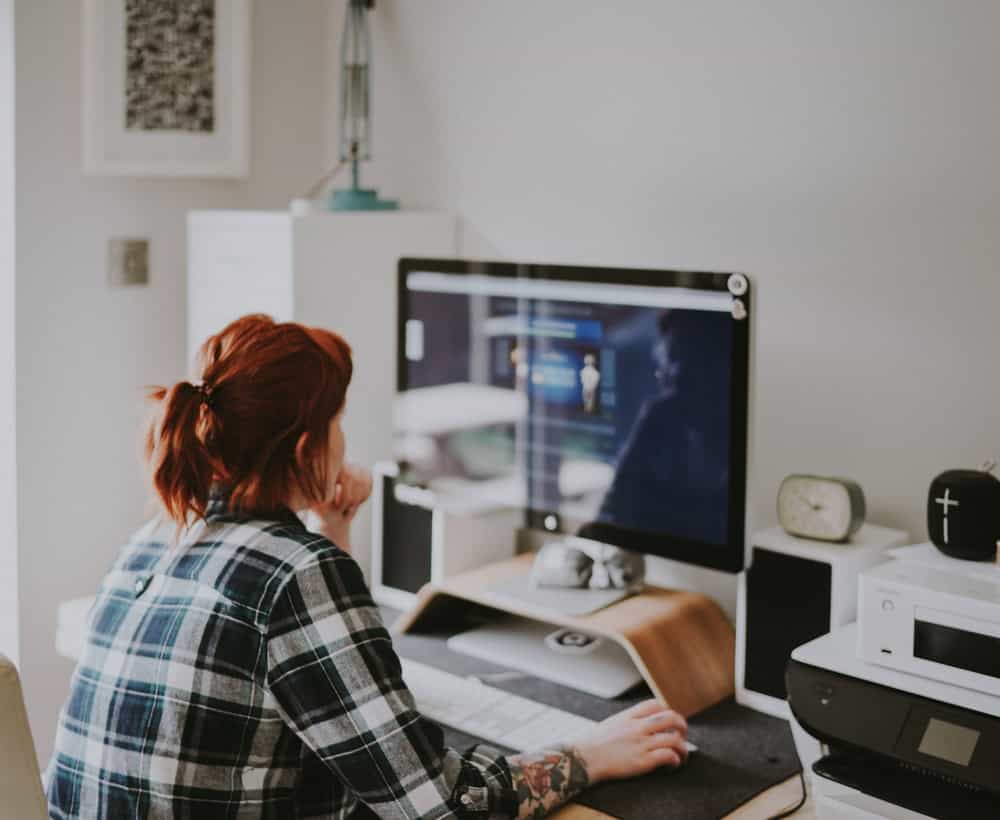
The art of measuring and examining productivity
Productivity is not only subjective but something real that can be measured and also predicted. Many attempts have been made to find ways to measure productivity in order to give people tools to improve their performance. For example, studies have shown that heart rate variability can provide strong indicators of how productive a person is at the moment.
But despite the fact that productivity is something real, which can be trained like a muscle, studies show that many fall short when it comes to this.
In Germany, it was investigated how often people used "to-do lists." The answer was that almost 40 percent never used them and that about 40 percent used them once a week or every day. The rest made "to-do lists" very rarely. They also examined if the respondents used other forms of aid such as apps to create goals, track progress and create priorities, and the answer was that a majority never used such tools. Similar findings have been made in other studies.
A survey of Finnish civil servants found that one in five never used a digital tool at all to plan and organize any work. Only half wrote down their assignments and collected them somewhere.
Other studies have looked at what is the opposite of being in a flow: fragmentation. In today's work climate, it is a great challenge to end up in a total focus. In a developer study, a research team installed an advanced productivity measurement program on 24 developers' computers. The researchers found that the developers only stayed at each task for between 0.3 to 2 minutes.
How long do you stay on each task? Do you have flow sometimes, or are you constantly fragmented?
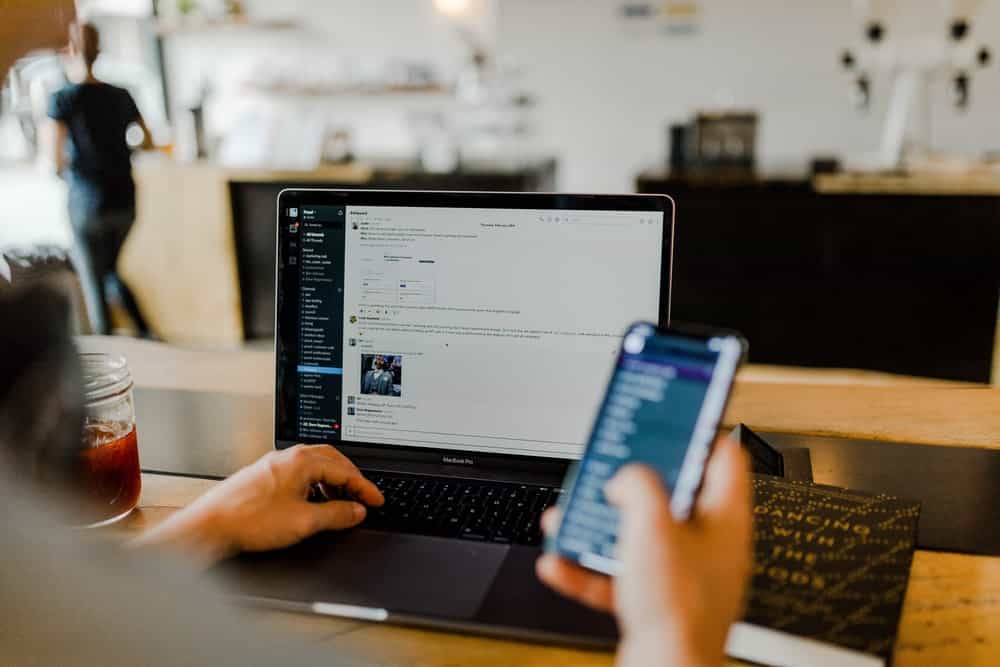
💡 The Optimist’s Edge
Fortunately, research also shows that you can increase your productivity. The same researcher that was behind the survey of Finnish civil servants, Heljä Franssila, wanted to investigate whether it was possible to increase productivity with training in simple steps. After a few months, a majority of the respondents had improved.
But before we go into how you can be more productive, it's worth saying something about why you should be. Most of what we want to do and accomplish requires work, which takes time.
In a perfect world, we make everything perfect, work just as much as we can without hitting a wall, and feel free and can rest when we have free time. We perform all the tedious and routine tasks with the greatest possible efficiency. Above all, we spend absolutely no time on things that can be automated or rationalized away.
To be productive is to do more in less time WITHOUT increasing the perceived stress. This is crucial. In many cases, when we want to be more productive, we increase the outcome, but at the cost of increased stress.
Without a clear goal - no increased productivity
An even bigger question than "how you can become more productive" is what YOU want to do and what your goals are. These goals should be created in line with your values. Productivity author Elizabeth Grace Saunders puts it this way:
“If you want to succeed with your professional growth goals, choose one or two key areas of focus that align with what really matters to you.”
We now assume that you work towards goals you actually care about and want to be more productive. Without goals, there is no way to measure if you get closer and thus no way to know how productive you really are. So, is this something you've done?
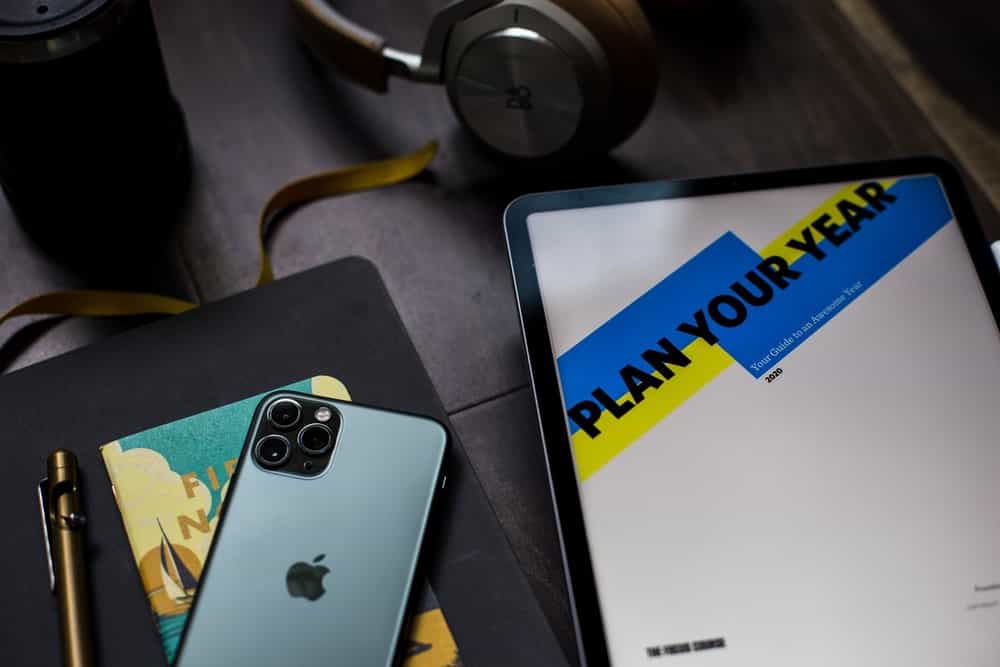
👇 How to get Optimist's Edge
You get a real edge and high productivity from doing two things. The first is to set clear goals for what you want to achieve. The second is to reduce fragmentation and increase your chances of ending up in "flow." When you have flow, you are the most productive. But without goals, you do not know what your productivity will achieve, so both are crucial.
So what tips can make it easier for you along the way? There are thousands, but in the true spirit of productivity, we want this reading to be effective, so we divide it into concise sections.
At the workplace
🌖 Are you a morning person or an afternoon person? In the study carried out on the developers that we mentioned above, the researchers found that it is possible to divide people into these two categories, depending on when you are most productive. You can think about when you feel most productive and when you usually end up in the flow, and if possible, adapt your work hours accordingly. It can make a huge difference.
In the same study, fragmentation was also examined, which made the developers feel less productive. One way to solve this is, of course, to minimize fragmentation and thus increase the opportunities for flow.
🔔 A simple first step is to turn off notifications. Research shows that constant pinging on your mobile phone and computer is bad for your productivity. A study examined perceived productivity linked to which email method was used. Those who check their email on their own, and do not have notifications, experienced higher productivity. A good tip is to turn off all notifications, even for social media and other things, completely. Yes, you read that right. Turn off all of it.
🎧 What other causes of fragmentation do you have? Can you work without getting interrupted? Do you have colleagues who bother you all the time? Think about what factors come into play and how you can solve them. Sometimes a pair of noise-canceling headphones, which remove all disturbing sounds in the environment, can go a long way.
🤔 Do you have negative thoughts about other people? Let it go. Renowned productivity writer Greg McEowen believes that one of the biggest energy and time wasters is negative thoughts and feelings about colleagues' actions.
He believes that it is important to let go of these thoughts in order to have a smooth and "easy" professional life. Does that sound difficult? Ask yourself the question, "What have I hired this negative feeling to do?". Then think about whether your negative feelings and thoughts have a function – if not, let them go.
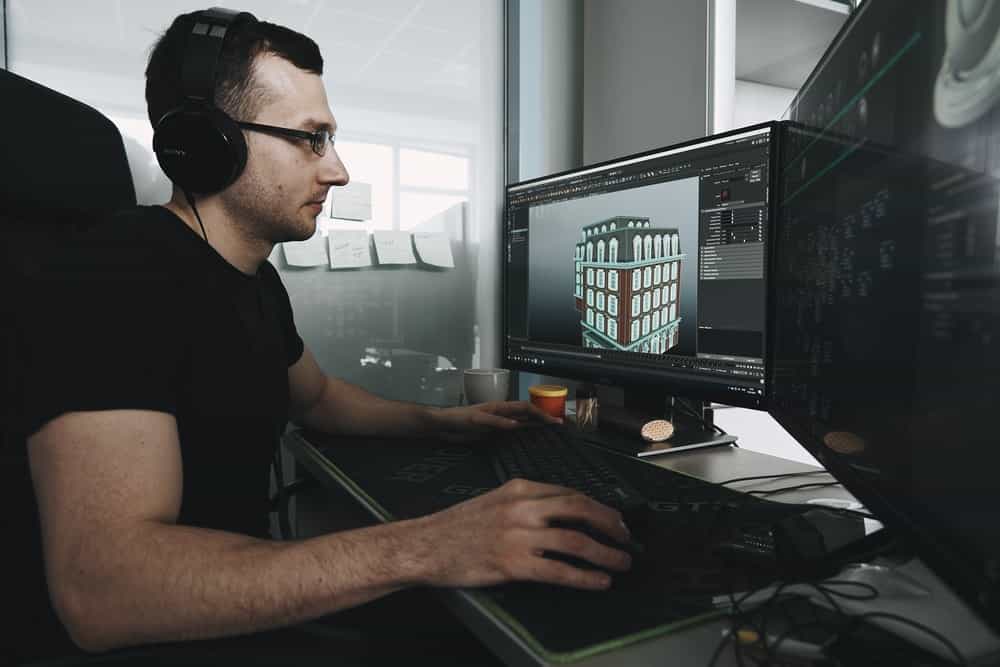
Outside the workplace
🧠 A fundamental piece of the puzzle in productivity is of course your mental health. It is not possible to do that topic justice in the format of this article, but an important part of maintaining mental health is to calm oneself in the face of stress and deal with such things as anxiety and worry.
Emotions and thoughts come and go and it can be good to have tricks up your sleeve when such things happen. A good basic rule can be that instead of escalating anxiety by thinking negatively, simply try to be in the present.
🌮 When it comes to more tangible tips, perhaps the most important thing of all is to create streamlined systems for everything that is repetitive in life such as buying groceries, cooking, cleaning, and so on. For example, you can have food delivered to your home, on a certain day of the week and get everything you need to be delivered to your doorstep.
A personal tip is to cook simpler food so that you do not have to think so much, if you do not enjoy it, that is. Maybe you can cook with three ingredients and make it a routine?
Buy Christmas presents online, buy ready-baked when you have guests and if you have the opportunity, get cleaning help if needed. It can be good to think about whether what you experience as "demands" from the environment are really demands or only come from yourself?
📆 If you do not already do so, use a digital calendar. Put in place systems to enter exactly everything you need to remember in a calendar: workouts, activities, birthdays, and anything else you can think of. If you are part of a family, you create a family calendar so that everyone has access to the information.
👁 Vision is directly linked to your nervous system and your vision is directly affected by stress. You can influence your own vision by trying to see wider and larger. Simply try to take in most of your surroundings. When you do, your breathing will also calm down. This is according to Andrew Huberman, professor of Neurobiology.
🏃♀️ Research shows that it is extremely important to see light in the morning, but you can get the same effect from exercising in the morning. If you exercise in the evening, there is a risk this might lead to depression as the body finds it difficult to distinguish between day and night, according to Huberman.
🎮 Several cognitive skills can be improved, one of which is the ability to concentrate. A study by researchers at Cambridge created a game, Decoder, and had a group of students test the game. A second group was allowed to play bingo instead and a third was not allowed to play at all. After playing for a while, a skill test was made and the group that had played Decoder did better after training in the app.
Decoder, which is now also available as part of the game Peak , can be downloaded as an app on your phone. But there are also other apps such as Elevate, Luminosity, and Brilliant.
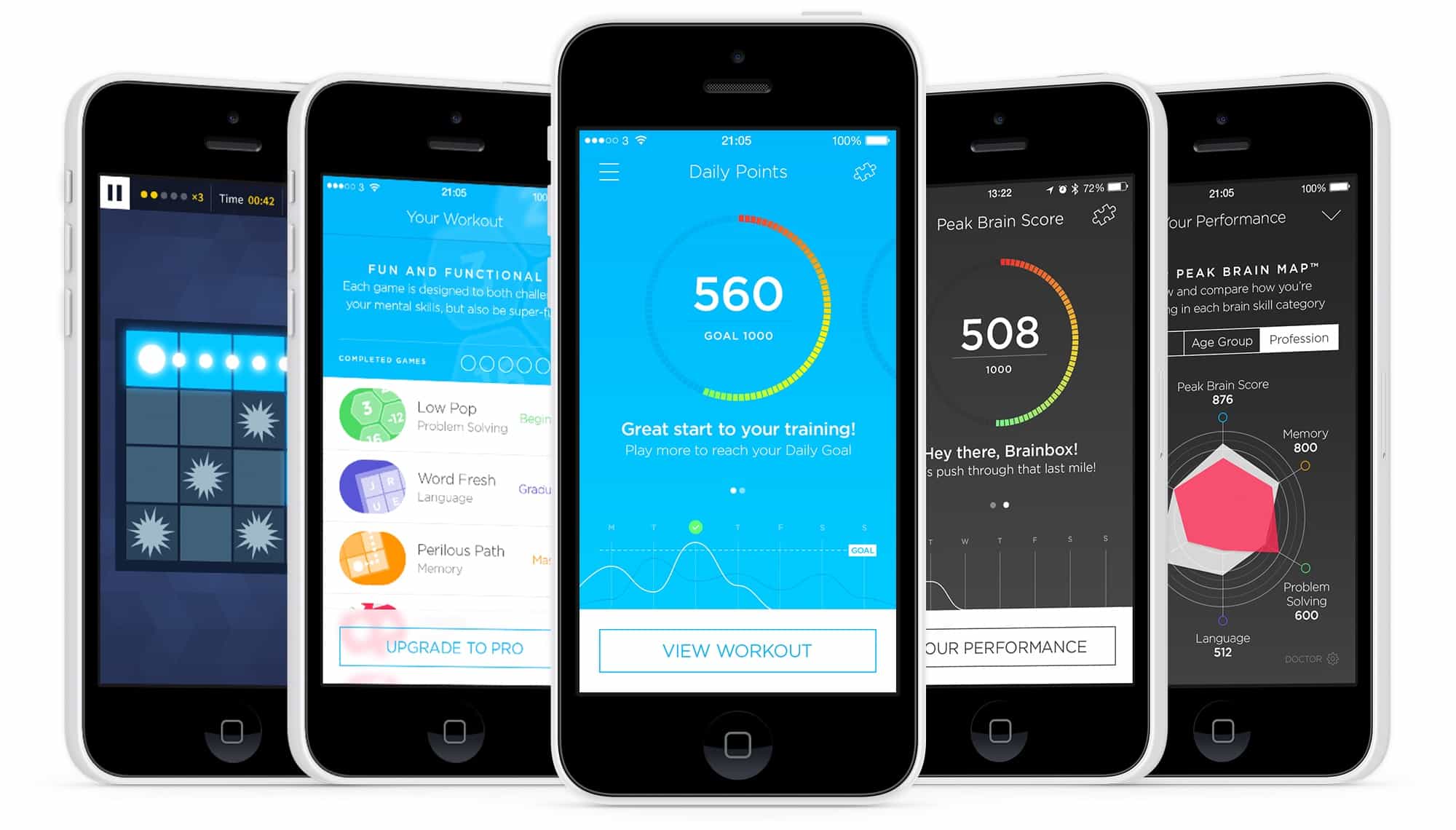
Does it feel overwhelming with all the tips?
Get started with a few small steps:
- Do you have notifications on your mobile and computer? Turn them off.
- Do you have a good structure for your bookmarks on the computer? If not, fix it.
- Are you in the habit of adding appointments to your calendar? If not, start doing it now.
- Do you write down deadlines somewhere, or do you try to keep everything in your head? Write down deadlines in your calendar.
- Do you have folders or tags in your e-mail inbox? If not, set it up.
Not getting disturbed is difficult in a society where many services and products live on being as good as possible at disturbing you. We are in the age of attentionalism.
Think about how it affects you to interrupt work to check social media or in other ways fragment your work. As you read above, studies show that fragmentation is one of the biggest culprits for dips in productivity.
But for most people, being productive is not just about being productive at work. Maybe you have a dream you want to realize that requires work outside of work. One way to be more productive can be to simply decide when you should do that extra work, doing it, and not think about it outside that window.
Learning to control your thoughts and not let yourself "jerk around" when the planned, logical thinking picks up speed is a key to getting that flow.
❓ What else can you do?
Feel free to share more ideas with your other Premium Supporters in our Facebook group.
By becoming a premium supporter, you help in the creation and sharing of fact-based optimistic news all over the world.


